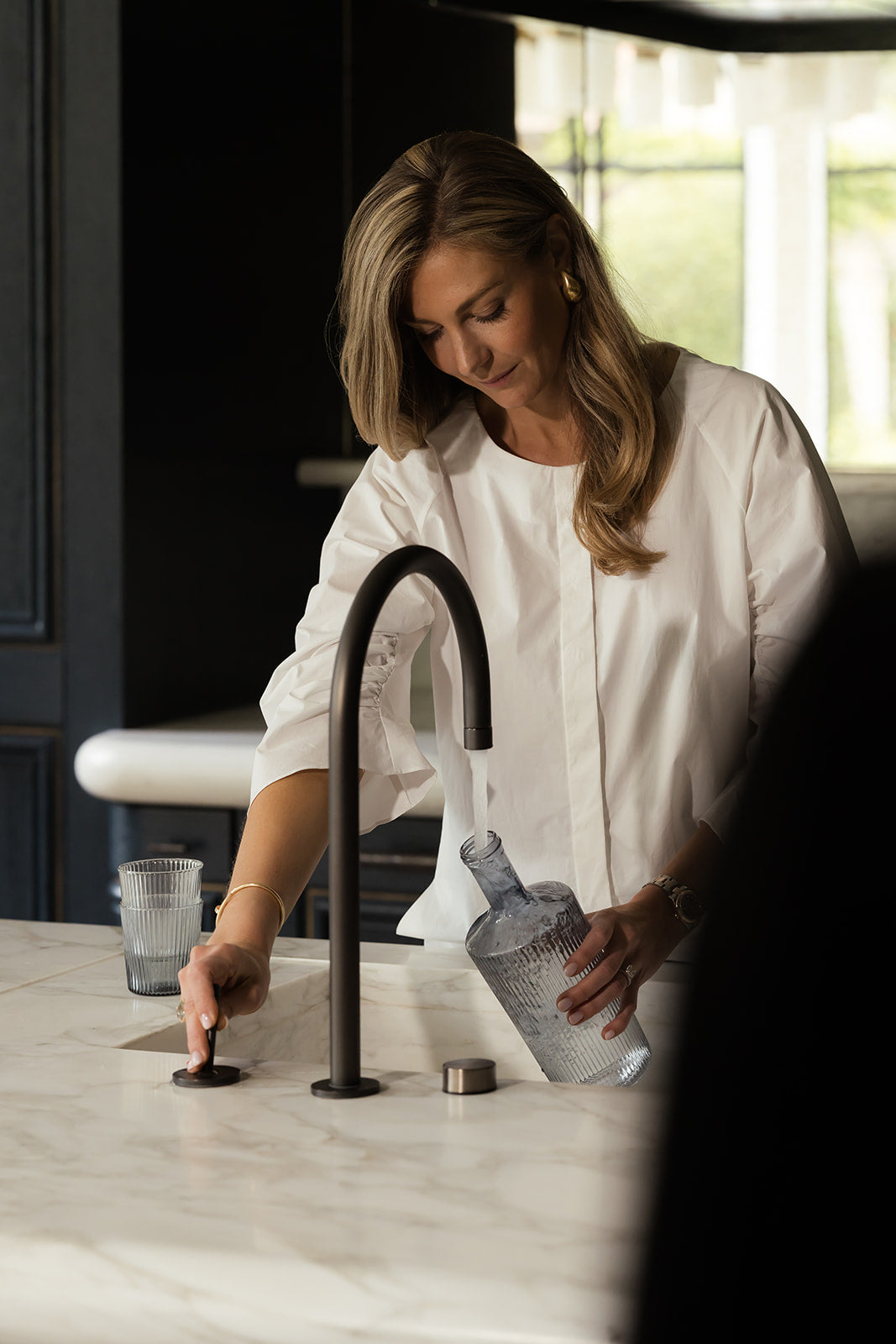A large portion of litter in and around our waters consists of plastic. The so-called plastic soup has a dramatic impact on our environment, and consequently on us as well. Much of that waste comes from sea containers, but the biggest culprit is litter that flows from streets or landfills into rivers and eventually to seas and oceans. We ourselves contribute significantly to this pollution, partly through the consumption of bottled water, as it unnecessarily adds to the growing plastic waste. In this blog, we delve deeper into its impact.
Did you know that…
- … every hour, enough plastic enters the ocean to fill eleven Olympic-sized swimming pools?
- … around 150 million tons of plastic are floating in our seas?
- … we have produced as much plastic in the last twenty years as in the previous eighty years combined?
- … more than one hundred million animals die from plastic each year?
- … plastic does not degrade or takes a very long time to do so? A plastic bag takes 20 years, a plastic straw 200 years, and a plastic bottle or cup 450 years to decompose.
- … plastic that enters the sea breaks down into smaller pieces, which in turn become increasingly toxic?
Plastic Bottles: The Bottleneck
More than 480 billion bottles of water are sold worldwide each year. This equates to about 1 million bottles sold per minute. That number continues to rise and plays a major role in (ocean) pollution. These bottles threaten marine life, killing countless turtles, fish, and birds. But that's not the only problem, as the energy and water consumption during the production of plastic bottles is also incredibly high. For example, producing just one bottle requires almost three times the amount of water the bottle itself can hold.
And while plastic water bottles are theoretically recyclable, only about 9% of all plastic is actually recycled worldwide. The rest often ends up in landfills, incinerators, or the environment, where it damages ecosystems.
Reusable Instead of Recyclable
For all of the above reasons, it's important to shift the focus from recyclable to reusable. This offers a double benefit for both people and the environment:
• Reusable = less transportation = less pollution
• Reusable = less plastic = less pollution
At Paveau, it’s our mission to reduce the plastic waste mountain. That’s why we design and produce stylish, reusable bottles with care for both people and the planet. Discover them here.
Do you have a question for us? Feel free to contact us.









